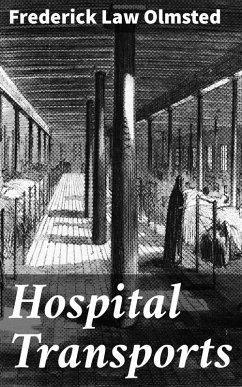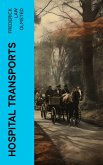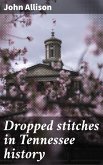In "Hospital Transports," Frederick Law Olmsted explores the profound intersections between urban design, public health, and social justice during the Civil War era. Employing a keen observational style, Olmsted meticulously documents his firsthand experiences overseeing the transport of wounded soldiers in the chaotic backdrop of war-torn America. The narrative, infused with vivid imagery and poignant reflections, serves as both a logistical account and a meditative commentary on the moral imperatives of providing medical care amidst devastation. Through his incisive prose, he critiques the failings of existing infrastructures and advocates for a reimagined approach to public health that harmonizes nature and urban landscapes. Frederick Law Olmsted, best known as a pioneer of landscape architecture, was deeply influenced by his background in journalism and his commitment to social reform. His experiences as a landscape designer and his travels through Europe crystallized his belief in the therapeutic power of well-planned green spaces. This belief is poignantly realized in "Hospital Transports," where he not only chronicled the logistical nightmares of military medicine but also emphasized the need for compassionate care in times of crisis. Readers seeking a deeper understanding of the historical complexities of healthcare logistics and urban planning will find "Hospital Transports" to be an essential work. Olmsted's visionary insights remain relevant today, inviting contemporary readers to reflect on the ongoing challenges of public health and the necessity of integrating compassionate design within our urban environments.
Dieser Download kann aus rechtlichen Gründen nur mit Rechnungsadresse in A, B, BG, CY, CZ, D, DK, EW, E, FIN, F, GR, H, IRL, I, LT, L, LR, M, NL, PL, P, R, S, SLO, SK ausgeliefert werden.









